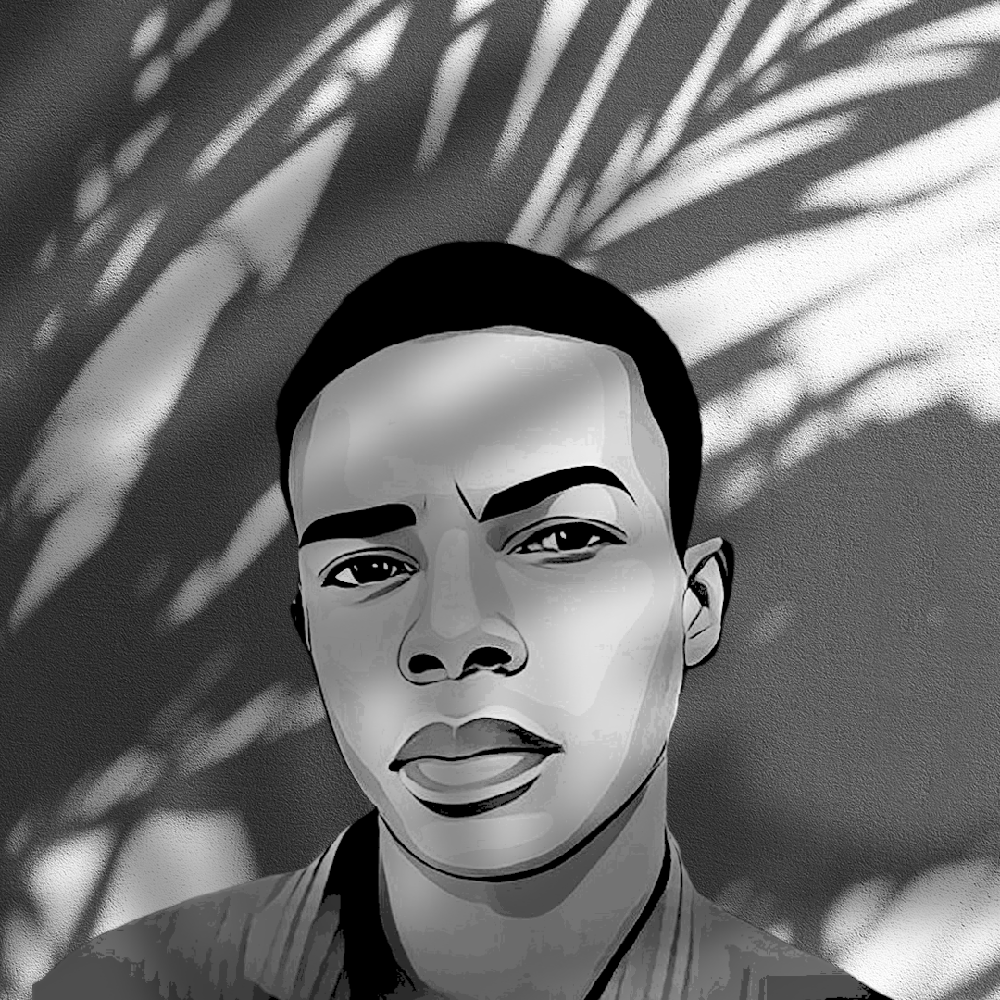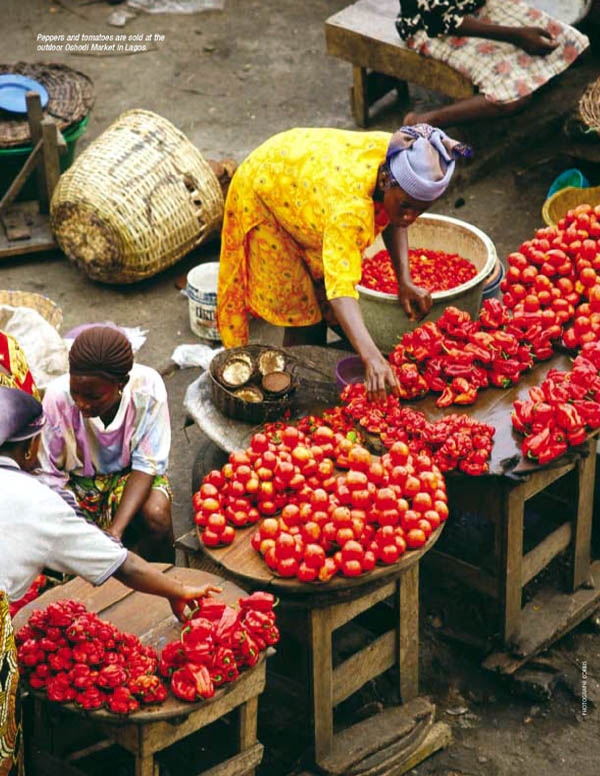

Oshodi Market: A pulsation of the Lagos Entrepreneurial Hub.
Tuochukwuegwu Jesse@jessetuochukwuegwu315840
1 year ago
#neighbors
📍Oshodi Market, Nigeria
Located in the bustling city of Lagos, Nigeria, Oshodi Market is one of West Africa's largest and most iconic marketplaces. This sprawling commercial hub has been the epicenter of trade and commerce for decades, attracting millions of shoppers, traders, and entrepreneurs.
Originally established in the 1960s, Oshodi Market has evolved from a small trading post to a vast, thriving marketplace. The market's strategic location, near major transportation routes, facilitated its growth into a key economic hub.
Oshodi Market spans over 30 acres, housing thousands of stalls, shops, and warehouses. The market is divided into sections, catering to various industries:
1. Textiles and Fashion: Vibrant fabrics, clothing, and accessories.
2. Electronics: Gadgets, appliances, and computer hardware.
3. Food and Spices: Fresh produce, meats, and traditional Nigerian cuisine.
4. Household Goods: Furniture, home decor, and kitchenware.
5. Automotive: Spare parts, accessories, and vehicle maintenance services.
Visitors are greeted by a kaleidoscope of colors, sounds, and aromas. Traders enthusiastically showcase their wares, while shoppers haggle and negotiate prices. Market women with tribal marks embelished on their faces, chattering, bickering and smirking.
Oshodi Market contributes significantly to Lagos' economy:
1. Employment: Thousands of traders, artisans, and laborers rely on the market for livelihood.
2. Revenue: The market generates substantial tax revenue for the Lagos State Government.
3. Entrepreneurship: Oshodi Market fosters innovation and entrepreneurship, nurturing small businesses.
Despite its importance, Oshodi Market faces challenges:
1. Infrastructure: Congested pathways, inadequate lighting, and poor sanitation.
2. Security: Petty theft and scams.
3. Environmental concerns: Waste management and pollution.
Oshodi Market is an iconic symbol of Lagos' resilience and entrepreneurial spirit. This vibrant marketplace continues to thrive, attracting visitors from across Nigeria and beyond. As the market evolves, it remains an essential part of Lagos' economic fabric.

